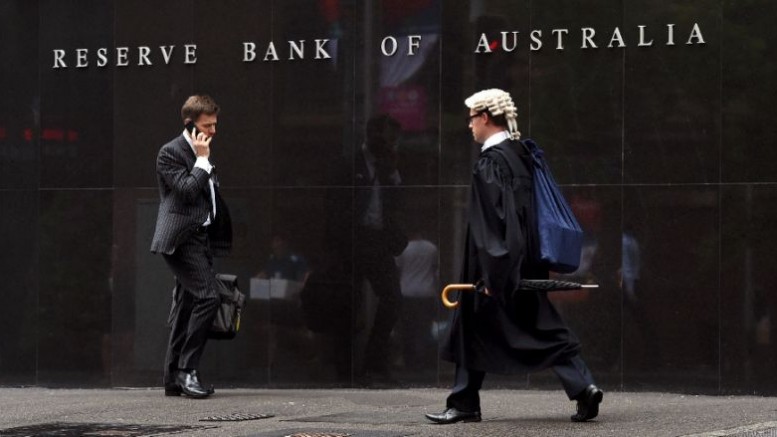
Australia’s central bank expects to see solid employment growth ahead
as the economy gradually picks up, While noting risks from housing debt
outpacing household income.
In minutes of this month’s
policy meeting, where interest rates were left unchanged, the Reserve
Bank of Australia gave no signal policy was set to change anytime soon.
Main Takeaways
- Employment growth had been broadly based across the states, suggesting the adjustment to the end of a mining investment boom was “nearing completion”
- Growth in wages and inflation remained low but stable and this was expected to remain the case for some time
- Domestic data over the prior month had, on balance, been positive and consistent with “a gradual pickup in growth as forecast”
- Residential investment appeared to be past its peak, but was expected to remain at a high level for some time
- Aussie dollar’s strength weighing on domestic growth and contributing to subdued inflationary pressure. Further appreciation would be expected to see slower pickup in growth and inflation
State of Play
The RBA’s board again highlighted the cloud of high household debt hanging over an economy otherwise showing positive signs on employment and investment. The currency’s more than 10 percent advance this year remains a headwind and the weak wage growth story is still a drag.
Policy makers are also
enjoying a boost from government infrastructure spending as residential
housing appears to have peaked. But they’d be somewhat perplexed by
markets bringing forward the chance of a rate move to about 60 percent
in June 2018, driven by a generally stronger developed world outlook.
Key Quotes
- “Conditions had been conducive to a pickup in non-mining investment for some time and the latest data on investment expectations pointed to this occurring, which was a welcome development.”
- “A gradual increase in growth in wages and inflation was expected as the spare capacity in the labor market was reduced and the economy continued to strengthen, supported by the low level of interest rates.”
- On the housing market, “a number of indicators suggested that conditions had eased in Sydney, but to a lesser extent in Melbourne. Housing price growth had slowed over 2017 in Sydney, but had remained strong in Melbourne.”
- On the labor market, “members discussed current influences on the participation rate, noting in particular the rise in participation by older female workers as they delayed their retirement.”





















0 comments:
Post a Comment